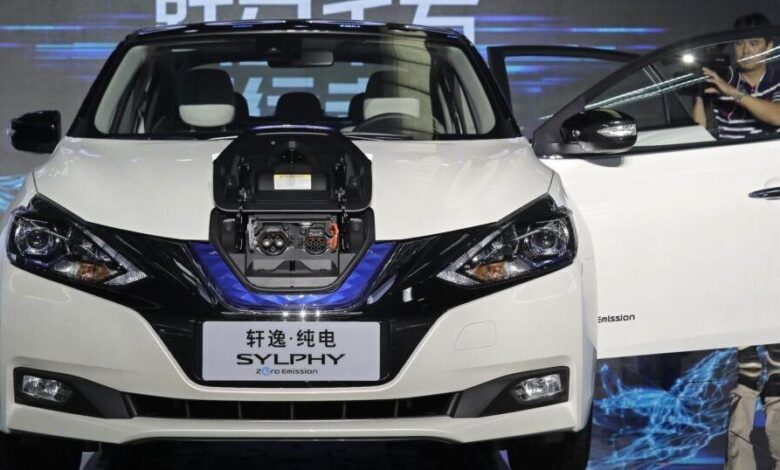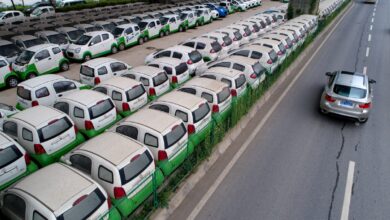Chinese electric cars are a threat to security and siphon data: Czech military intelligence | News

A high-ranking Czech Republic military intelligence official is sounding alarm bells on Chinese electric vehicles, warning they can “capture data and faces” as they move.
Jan Beroun, director of the Czech Republic’s Military Intelligence agency, warned the Czech Parliament earlier this week that Chinese electric cars roaming their streets could be collecting data for China’s government, and called the country “their enemy.”
“[If] we will allow Chinese electric cars here, we will allow a mobile sensor that collects data everywhere it goes, and we look satisfied.”
“I say with all responsibility that we are losing control of what is moving on our streets, what is capturing data and faces all over the neighborhood,” Beroun added.
Beroun mentioned there is no way to regular Chinese EVs at the moment or to know where this data is going, and said that the “way China behaves, from the point of view of security and espionage, means that it is our enemy,” Beroun said.
The Czech military official said each electric car, and some modern cars, have high-definition cameras which could capture data for the Chinese government, which is known for being a “surveillance state.” Chinese companies are required to cooperate with their government.
“Every Chinese product that is capable of collecting data (electric cars, mobile phones, tablets, etc.) represents a security risk,” spokesman of the Czech Security Information Service, Ladislav Sticha, said. “The obtained data may end up with the Chinese intelligence services.”
CLICK HERE TO READ MORE FROM THE WASHINGTON EXAMINER
Automotive expert Mike Caudill told Fox Business in April that Americans should “absolutely be concerned” about whether Chinese EVs in America are collecting their data and giving it to the Chinese government.
The United States has already discouraged China from importing Chinese EVs and President Joe Biden has placed a 100% tariff placed on them in response to fears that the country could undercut the U.S.’s efforts in electric vehicles with cheaply-made products.



